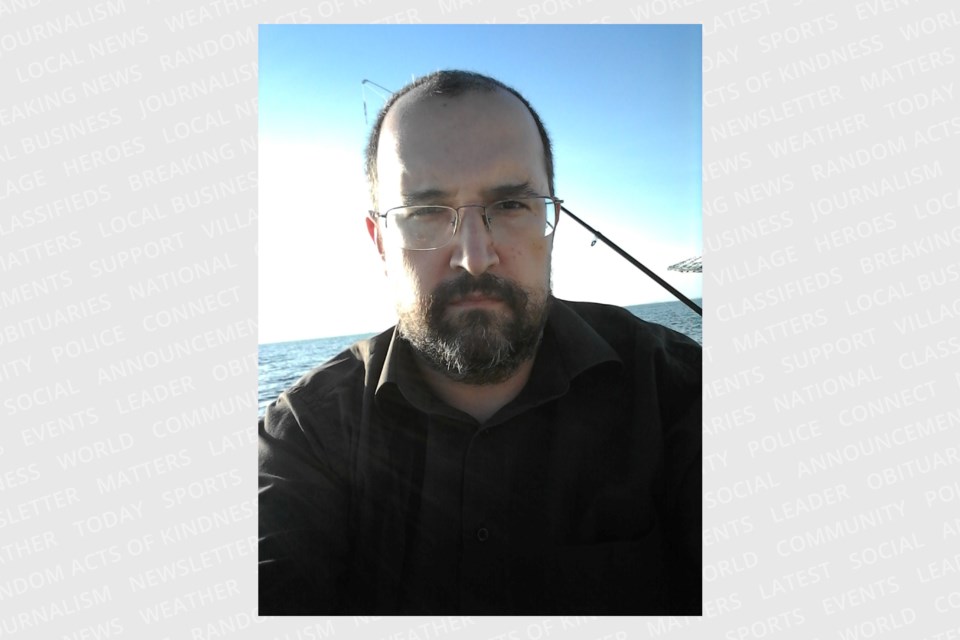University of Guelph instructor Evren Altinkas hasn’t been able to contact his friend Ugur Yasar since Sunday after the earthquake hit Turkey.
“I couldn’t hear anything from him in the last, almost 48 hours. I don’t know whether he lives or not,” said Altinkas, who is Turkish and lived there until coming to Guelph in 2018.
He met Yasar eight years ago while working at a university in Turkey. They have been good friends ever since, with Yasar now a beekeeper and farmer.
Altinkas said he wishes he could be in Turkey now helping, but can’t due to previous political protests criticizing the Turkish government he took part in nearly 10 years ago.
Altinkas views from afar, scanning social media and news coming out of the areas impacted by the recent earthquake.
He was a professor at a public university in Turkey and when he joined the Gezi protests in 2013. It didn’t fare well in the eyes of his employer and he said he was forced to resign.
Scholars at Risk provides assistance and opportunities in North America for international academics who are at risk in their own country. Altinkas applied in 2017 and in 2018 he found himself at U of G.
Altinkas isn’t unfamiliar with earthquakes, where he lived in Izmir in the Aegean region, the area had a history of earthquakes with magnitudes ranging from 6.2 to 6.8.
In 1999, a 7.8 magnitude earthquake hit Ismit, Turkey, killing 17,000 people and injuring 30,000. Altinkas, and his wife, who he hadn’t met at the time, volunteered to help during the aftermath of the earthquake.
He was a member of a civilian organization trained in search and rescue called AKUT. Altinkas stayed helping in the earthquake region for 20 days.
“I know how to reach people under the debris. Psychologically, mentally helping them, or at least some practical things. But now I cannot go because I cannot visit my country due to my situation with the Turkish government,” said Altinkas.
Kahramanmaras isn’t a city known to have earthquakes. The last earthquake there happened approximately 500 years ago, Altinkas said.
“It was a complete surprise. No one expected this and it was a surprise for all of us actually.”
Regarding buildings and safeguarding measures, Turkey’s infrastructure isn’t made to withstand earthquakes because of nepotism and bribery preventing changes to be made he said.
Oftentimes apartment buildings will have stores on the main floors, and in order to expand the stores the columns in the buildings are removed, Altinkas explained. There are municipal regulations, people ignore them, he said.
There are more than 5,000 people under the debris as we are speaking, maybe more," Altinkas told GuelphToday.
A volunteer-run website with over 30,000 entries inputted by people, shows the city, neighbourhood, directions and the names of people still stuck in the rubble.
“In most of the areas the government emergency relief task force is not present,” said Altinkas.
Turkey is in a three-month state of emergency imposed on 10 provinces. The last time there was a state of emergency was in 2016 during a military coup attempt.
“Government will have all the rights to take any measures they wish, there is no need for a parliamentary decry,” said Altinkas.
In May there will be an election, Recep Tayyip Erdoğan the current president is set to run again.
“Because of this state of emergency, because of this tragedy we are not so sure whether the elections will be held or not,” he said.
From what Altinkas has read on social media there is a lot of criticism of the Turkish government because of their lack of capabilities to help people under the debris.
“It has been more than 36 hours now and there are still thousands of people under the debris. Turkish government says they did their best and they sent their task force everywhere,” said Altinkas.
But some trucks supplying food and water can’t reach affected areas because roads leading there are destroyed, he said.
People can help by donating to organizations. Altinkas mentioned Ahbap, meaning buddy in Turkish, an organization providing aid during the natural disaster. He has made a donation.
“I really wish that I could be there. Organize some of my friends, former students maybe and go and do something because that’s what most of the people are doing for the last two days in Turkey. Since government cannot reach everywhere, most of the volunteers are carrying out these things.”
Instead, he shares resources with his network in Turkey. “That’s the only thing I can do at the moment.”
